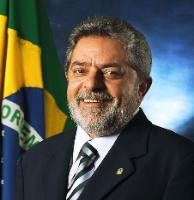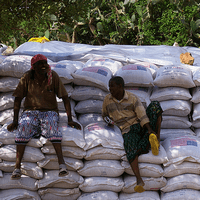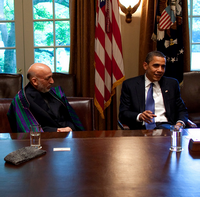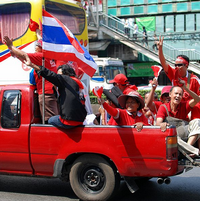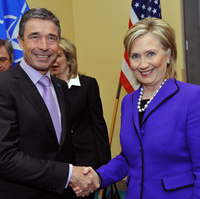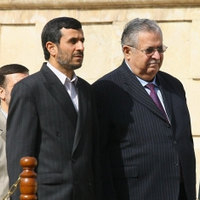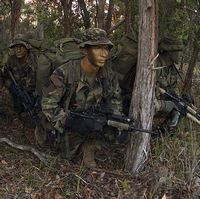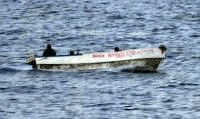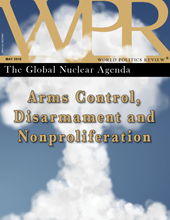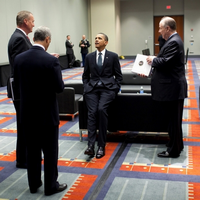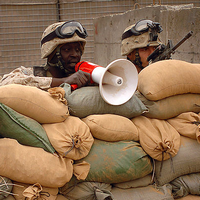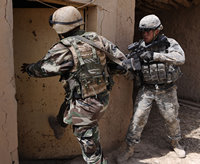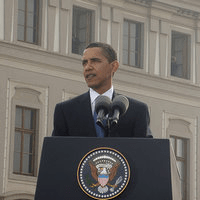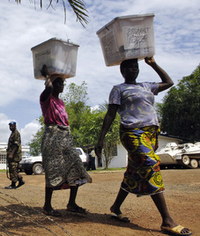
MONROVIA, Liberia — Almost a year ago, President Barack Obama used his long-awaited speech in Ghana to address a question with which the African continent is all too familiar: corruption. “No country is going to create wealth if its leaders exploit the economy to enrich themselves,” Obama lectured his audience in the Ghanaian Parliament. Since then, the question of corruption has taken on added urgency, and not just in Africa. The visit this week to Washington by Afghan President Hamid Karzai highlighted the degree to which U.S. concerns over widespread Afghan corruption have taken a back seat to war-time priorities. […]

